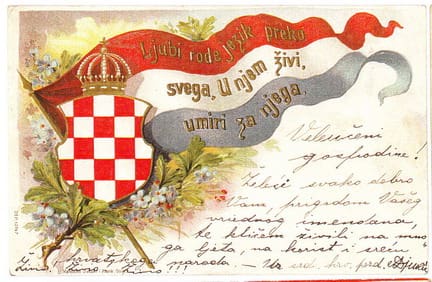Croatian is a beautiful and expressive language with a rich history and a phonetic pronunciation system that makes it easier to learn than you might think. If you’re just starting out, this beginner-friendly pronunciation guide will help you sound more natural and confident when speaking Croatian.
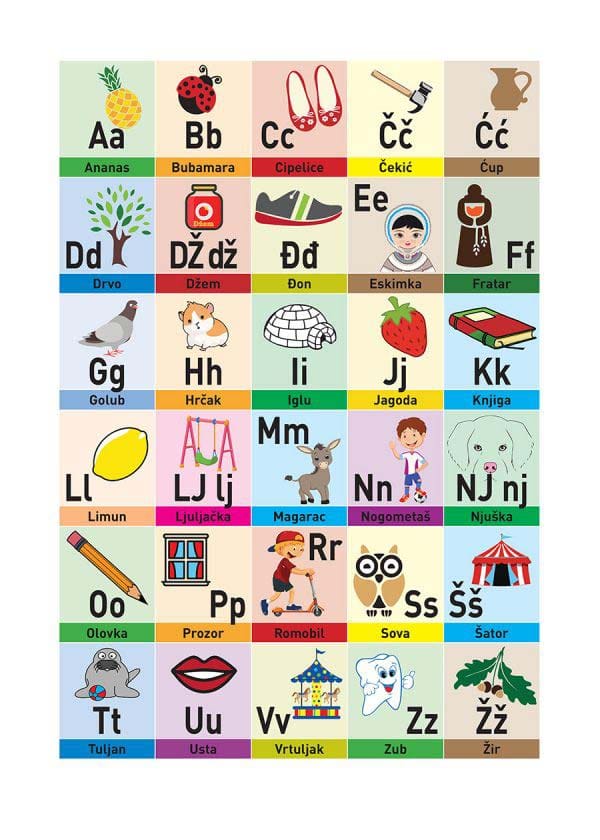
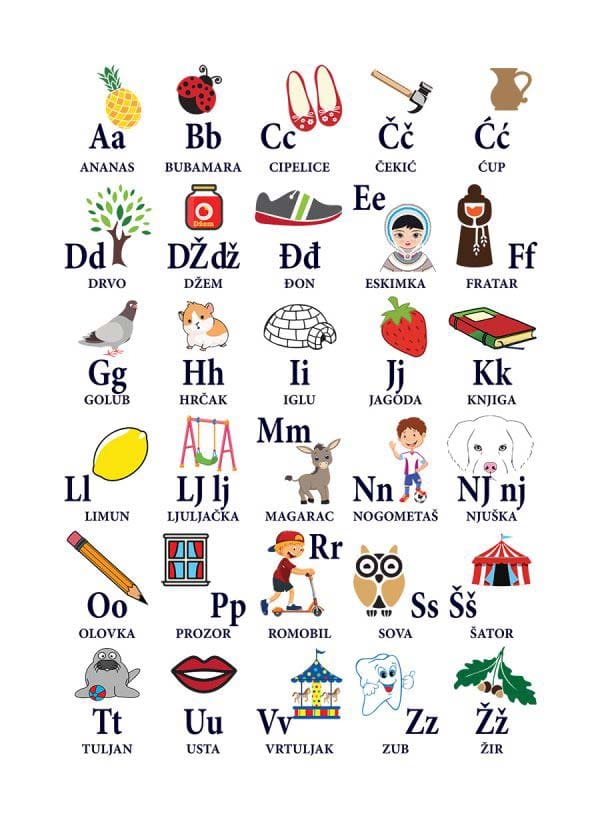
Why Croatian Pronunciation Is Friendly to Learners
One of the great things about Croatian is that it’s mostly phonetic—words are pronounced the way they are written. Unlike English, where the same letter combinations can sound very different, Croatian pronunciation is consistent, so once you know the rules, you’ll be able to read out loud with confidence.
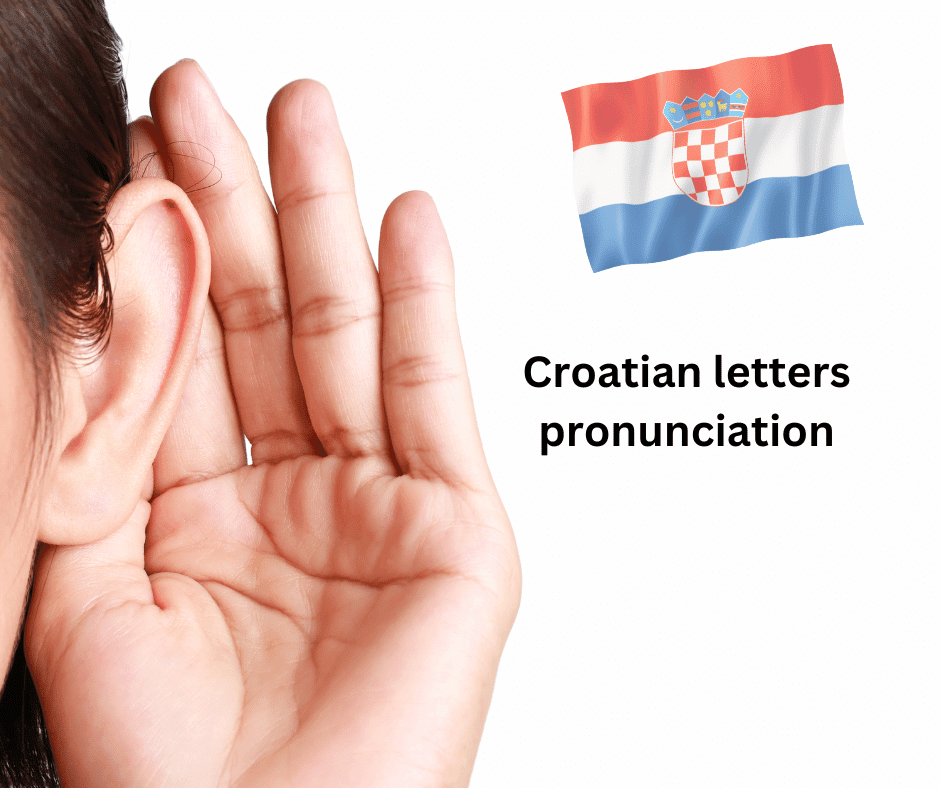
The Croatian Alphabet Basics
Croatian uses the Latin alphabet with 30 letters. Some letters have accents or special marks that change their sound.
Here are some important letters and sounds to know:
Letter Sound Example Notes
A a as in car Open “ah” sound
E e as in bed Short “eh” sound
I ee as in see Always pronounced
O o as in more (short) Rounded vowel
U oo as in boot Clear, rounded
C ts as in cats Always ts sound
Č ch as in church Hard “ch” sound
Ć Softer ch, like in chew but gentler Softer than Č
Dž j as in jungle Pronounced like the English “j”
Đ Soft j sound, similar to juice Similar to English “j” but softer
Š sh as in shoe Like English “sh”
Ž zh as in measure Like the “s” in vision
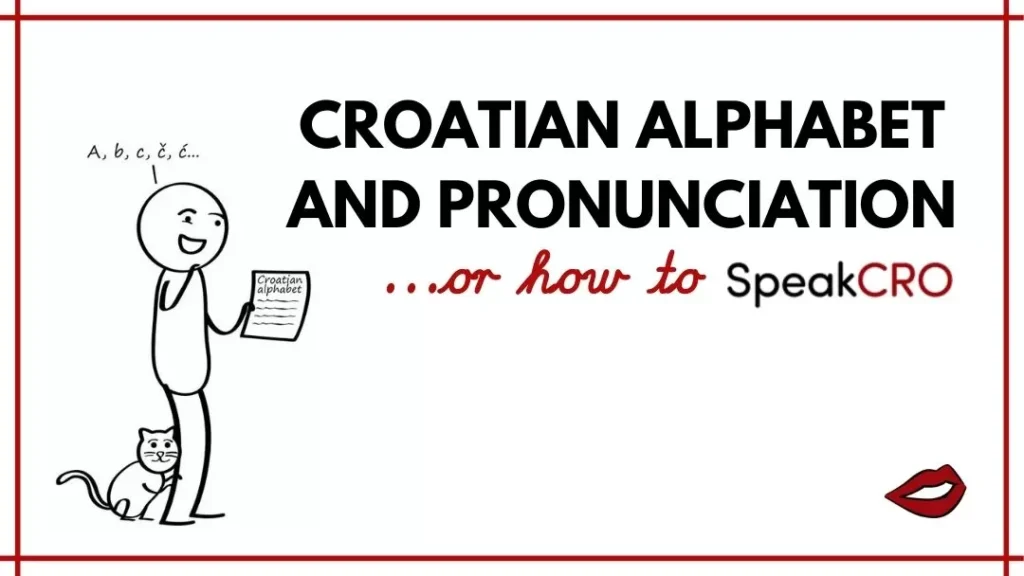
Stress and Intonation
Croatian words usually have one stressed syllable, which can fall on different syllables depending on the word. Unlike English, Croatian does not usually stress the first syllable consistently.
For example:
Hrvatska (Croatia) – stress on the first syllable: HRV-ats-ka
Zagreb (capital city) – stress on the first syllable: ZA-greb
Kava (coffee) – stress on the first syllable: KA-va
Generally, the stressed syllable is slightly longer and louder.
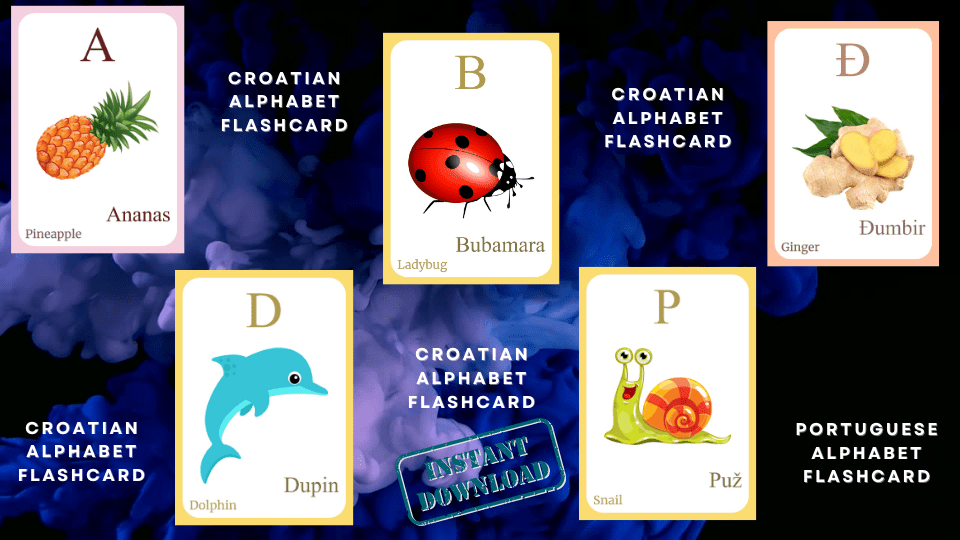
Pronouncing Croatian Consonants
Croatian consonants are mostly pronounced as in English, but watch out for these:
R is rolled or trilled. If you can’t roll your R yet, a quick flap will do.
Lj and Nj are similar to the “lli” in million and the “ni” in onion. For example, ljubav (love) and njam (yum).
Dž and Đ are soft “j” sounds, as mentioned above.
C is always pronounced ts; never like k or s.
Common Croatian Words Pronounced


Here are some everyday Croatian words with pronunciation tips:
Dobro (good) — DOH-broh
Hvala (thank you) — HVAH-lah
Molim (please / you’re welcome) — MOH-leem
Lijep (beautiful) — LYEH-p
Voda (water) — VOH-dah
Da (yes) — dah
Ne (no) — neh
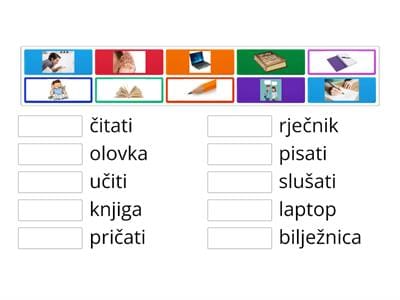
Helpful Tips for Practice
Listen and repeat: Try listening to Croatian music, podcasts, or watch shows with subtitles and mimic the sounds.
Practice rolling your R: It’s a key sound in many words!
Don’t rush: Croatian vowels are clean and clear, so take your time pronouncing each syllable.
Use online pronunciation tools: Hearing native speakers is invaluable.
Croatian pronunciation might seem tricky at first, but with practice, its regularity will quickly become your friend. Remember, every Croatian speaker appreciates the effort you put into their beautiful language—so speak boldly and enjoy the journey!


